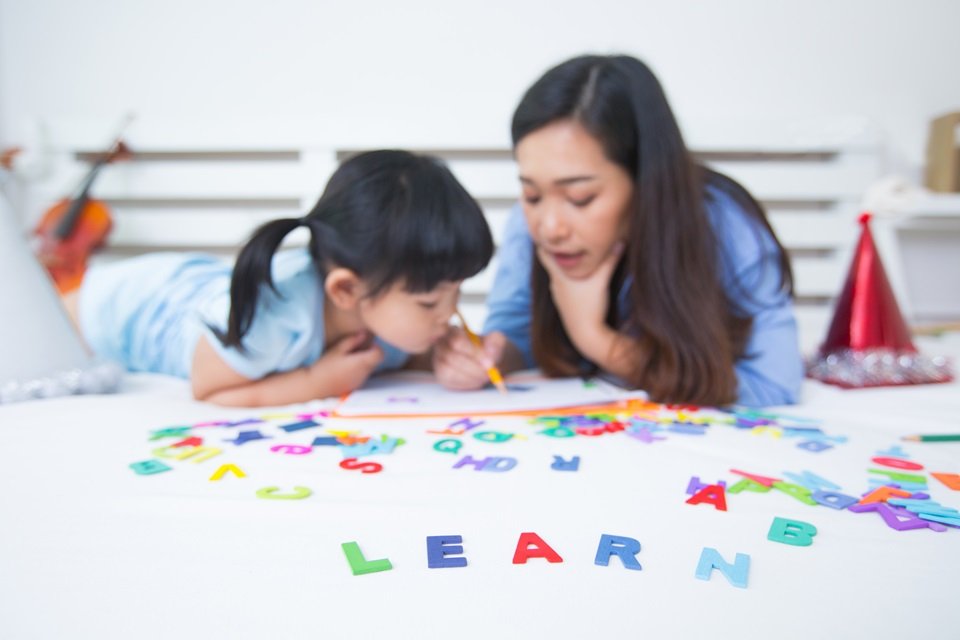Developing reading skills in early childhood education becomes the foundation for acquiring literacy skills. Children know sounds and words and learn language, which is critical to success in Early Childhood Education. This guide examines basic literacy skills in childhood and their role in effective child education.
Building Earlyhood Literacy Skills
Teaching children how to read during their early childhood cultivates a lifelong love of reading. Reading spans into word reading and later builds language comprehension. Reading skills shape a child’s life.
Reading abilities begin early in life before any exposure to a formal school setting. The environment at home that makes children from disadvantaged backgrounds vulnerable to illiteracy. At this point, children develop the foundation of literacy or pre-reading skills.
These include the ability to listen, speak, watch, draw, and comprehend. To teach such skills, caregivers use simple songs, board books for children, and fingerplays. Picture books also fascinate children and encourage them to develop greater attention spans necessary for learning.
Early literacy skills later become a foundation for academic excellence. Literacy skills gained in early childhood boost focus and concentration. They build confidence in children as they learn to articulate their ideas and thoughts in different modes, such as writing, drawing, speech, and modelling.
Reading also fuels curiosity and imagination, which builds interest in learning. The skills gained encourage participation in role-play and boost comprehension. Reading materials provided to children also support individualised learning, which helps children develop literacy skills at their own pace.
There are diverse book choices. Parents and caregivers should choose appropriate books for different educative and entertainment goals. For instance, some books build a vocabulary base while others boost moral values.
Exposure to reading in the pre-school stage enables children to utilise learning opportunities available in school. Those who miss out on this stage often need more time to catch up in their schooling years.
Boosting Reading Skills
Some practices that help boost children’s love of reading include regular read-aloud sessions. The caregiver can bring fun into the sessions by using puppets, dressing up, or changing the tone depending on different characters. Asking the child questions about the probable flow of the plot encourages creativity and problem-solving.
Children become comfortable with books when encouraged to hold them in their hands and turn the pages. Children can visit local libraries and resource centres for reading sessions where possible. They can borrow books on their favourite topics, such as animals, locomotives, sports, and fantasy figures.
Rhyming, songs, and syllable clapping enable children to distinguish words, improve their memory, recognise patterns, and have fun as they build their linguistic skills.
Practices that Deter Reading Skills
Parents and caregivers should avoid some practices when building early childhood reading skills. These include expecting children to perform tedious and challenging tasks, such as making them write their names repeatedly.
It is not wise to compare a child’s ability and progress to other children. Children should have the opportunity to learn at their own pace and in their unique individual ways.
A parent’s attitude towards reading extends to a child. So, the child will act out the positive or negative association displayed by the caregiver.
Some experts discourage the use of electronic devices for story reading. In all that, although children undergo formal lessons to gain literacy skills, creating an interest in learning gives them a head start in viewing reading as a lifelong skill and pleasure.
Conclusion
Reading skills form the foundation of literacy and numeracy skills. They guide children in acquiring life skills that help them live productive lives. In due course, they become a basis for gauging lifestyles and the availability of opportunities for advancement.







